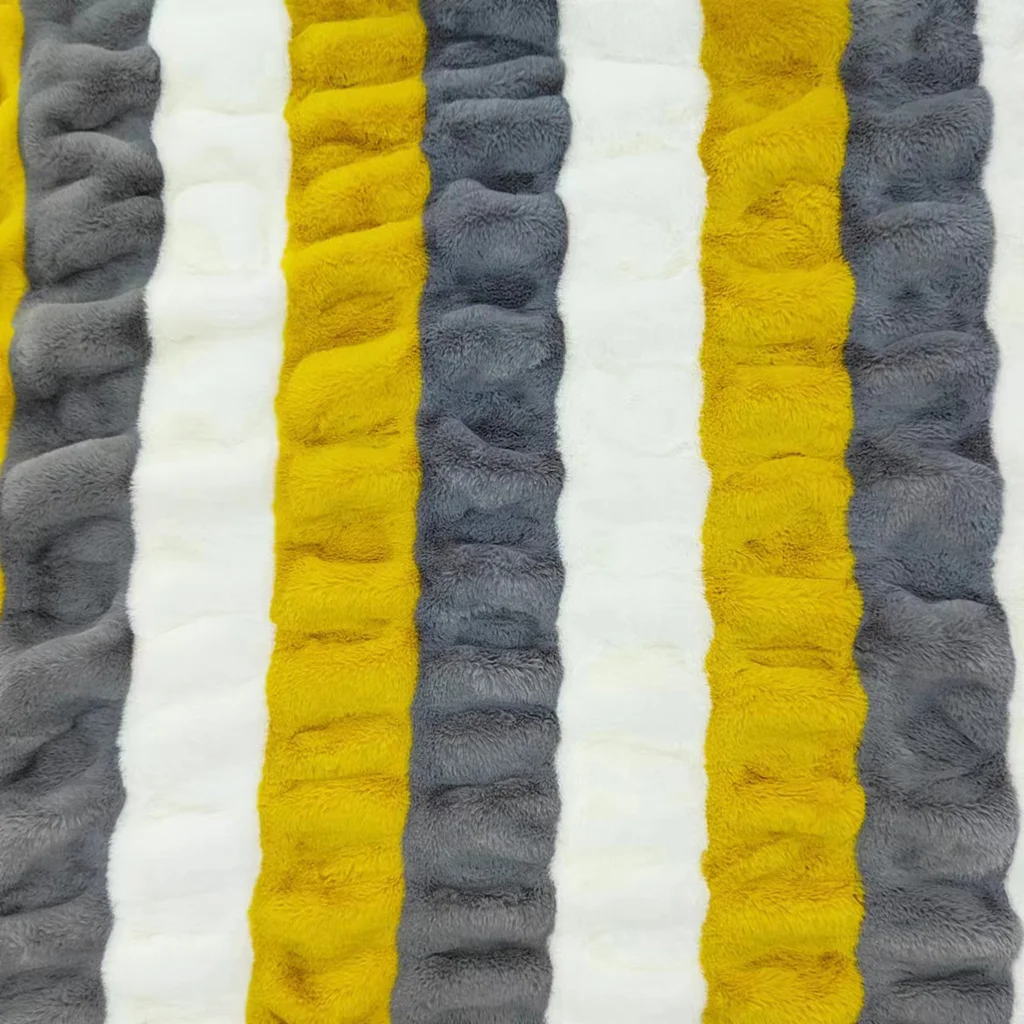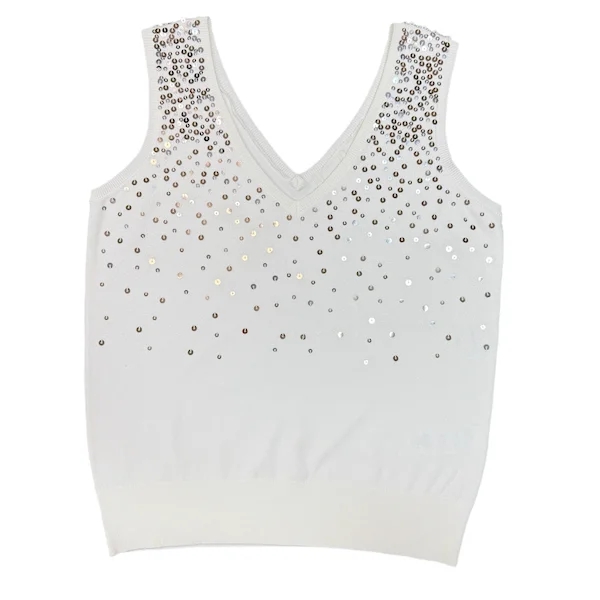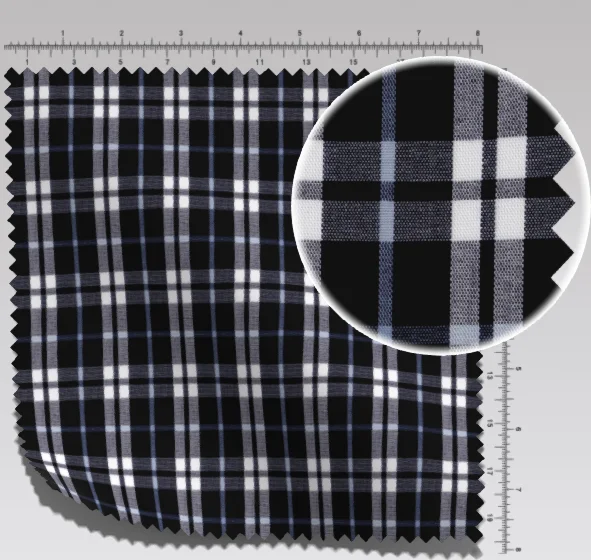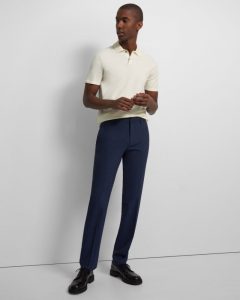In today's consumer-driven society, it is not uncommon to see people proudly displaying their expensive brand-name clothing and accessories. From designer handbags to luxury watches, the allure of these high-end brands seems to captivate individuals across various social and economic backgrounds. But what motivates people to spend exorbitant amounts of money on these items? In this blog post, we will delve into the psychology behind the fascination with expensive brands and explore the reasons why people choose to wear them.
- Social Status and Prestige:
One of the primary reasons why people wear expensive brands is to signal their social status and prestige. Luxury brands are often associated with wealth, success, and exclusivity. By wearing these brands, individuals aim to project an image of affluence and sophistication, gaining recognition and admiration from others. The desire to be perceived as part of an elite group drives many to invest in expensive brands as a means of social validation. - Quality and Craftsmanship:
Expensive brands are renowned for their superior quality and craftsmanship. The meticulous attention to detail, the use of premium materials, and the expertise of skilled artisans contribute to the exceptional durability and longevity of these products. People are willing to pay a premium price for the assurance of owning items that are not only aesthetically pleasing but also built to last. The perceived value of durability and superior craftsmanship adds to the appeal of expensive brands. - Self-Expression and Identity:
Wearing expensive brands can also serve as a form of self-expression and a means to construct one's identity. Fashion has long been recognized as a powerful tool for self-presentation, allowing individuals to communicate their personality, tastes, and values. Expensive brands often embody specific lifestyles, values, or aesthetics, enabling individuals to align themselves with these ideals. By wearing these brands, people can express their individuality and differentiate themselves from others. - Emotional Gratification:
The purchase and ownership of expensive brands can elicit feelings of happiness, satisfaction, and accomplishment. For some, the act of acquiring a coveted luxury item represents a reward for their hard work and success. The anticipation, excitement, and pride associated with owning a luxury brand can provide a sense of fulfillment and boost one's self-esteem. The emotional gratification derived from these purchases contributes to the appeal of expensive brands. - Influences from Marketing and Celebrity Endorsements:
Marketing plays a significant role in shaping consumer behavior and influencing perceptions of luxury brands. Clever advertising campaigns, strategic collaborations, and celebrity endorsements create a sense of desirability and aspiration around these brands. The association of luxury brands with popular figures and influencers further enhances their appeal, making people more inclined to wear them as a way to emulate their idols or be part of a particular lifestyle.
Conclusion:
The fascination with expensive brands is a complex phenomenon driven by various psychological factors. From the desire for social status and prestige to the need for self-expression and emotional gratification, people are drawn to these brands for a multitude of reasons. Understanding the psychology behind this fascination can provide valuable insights into consumer behavior and shed light on the enduring appeal of luxury in our society.








+ There are no comments
Add yours